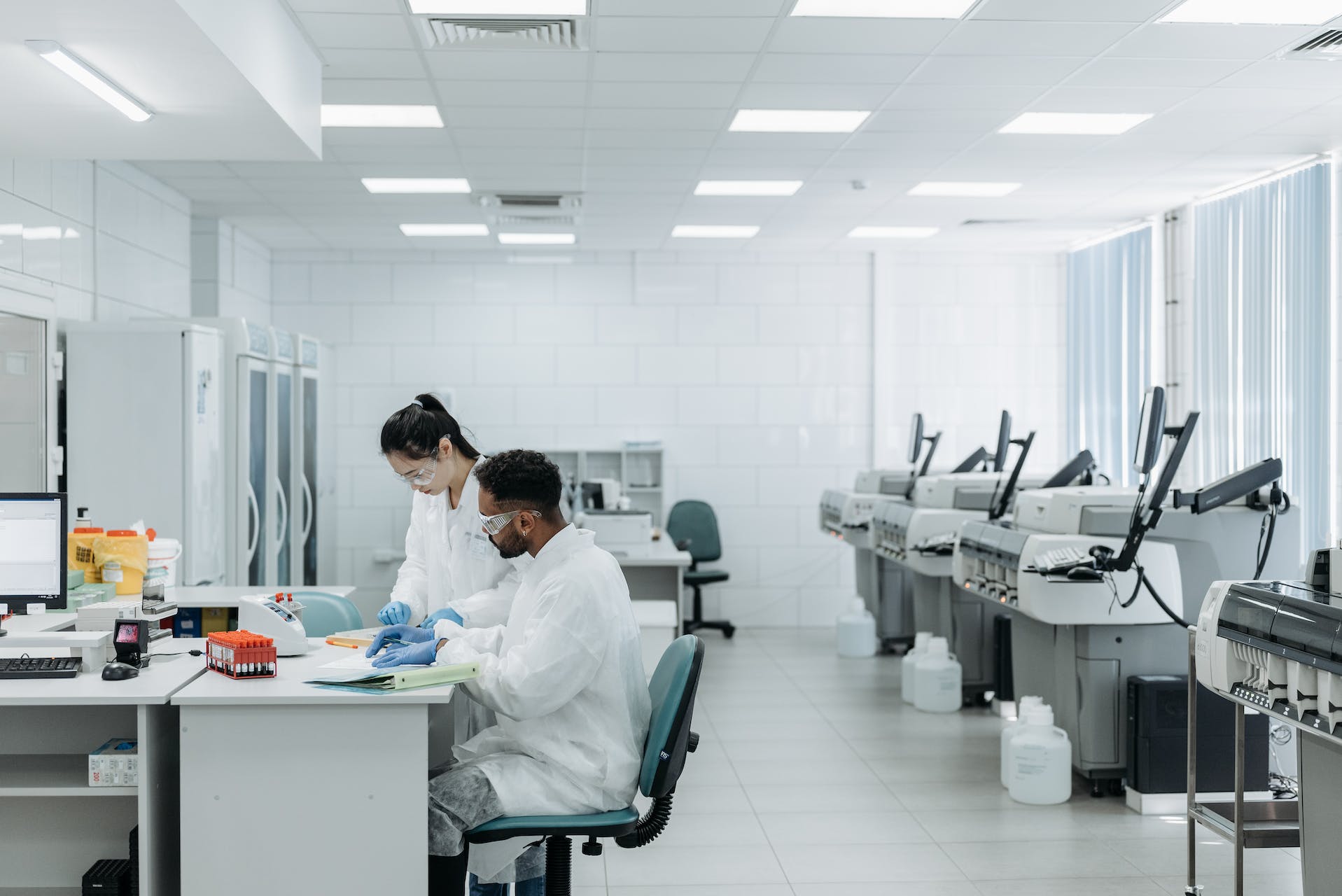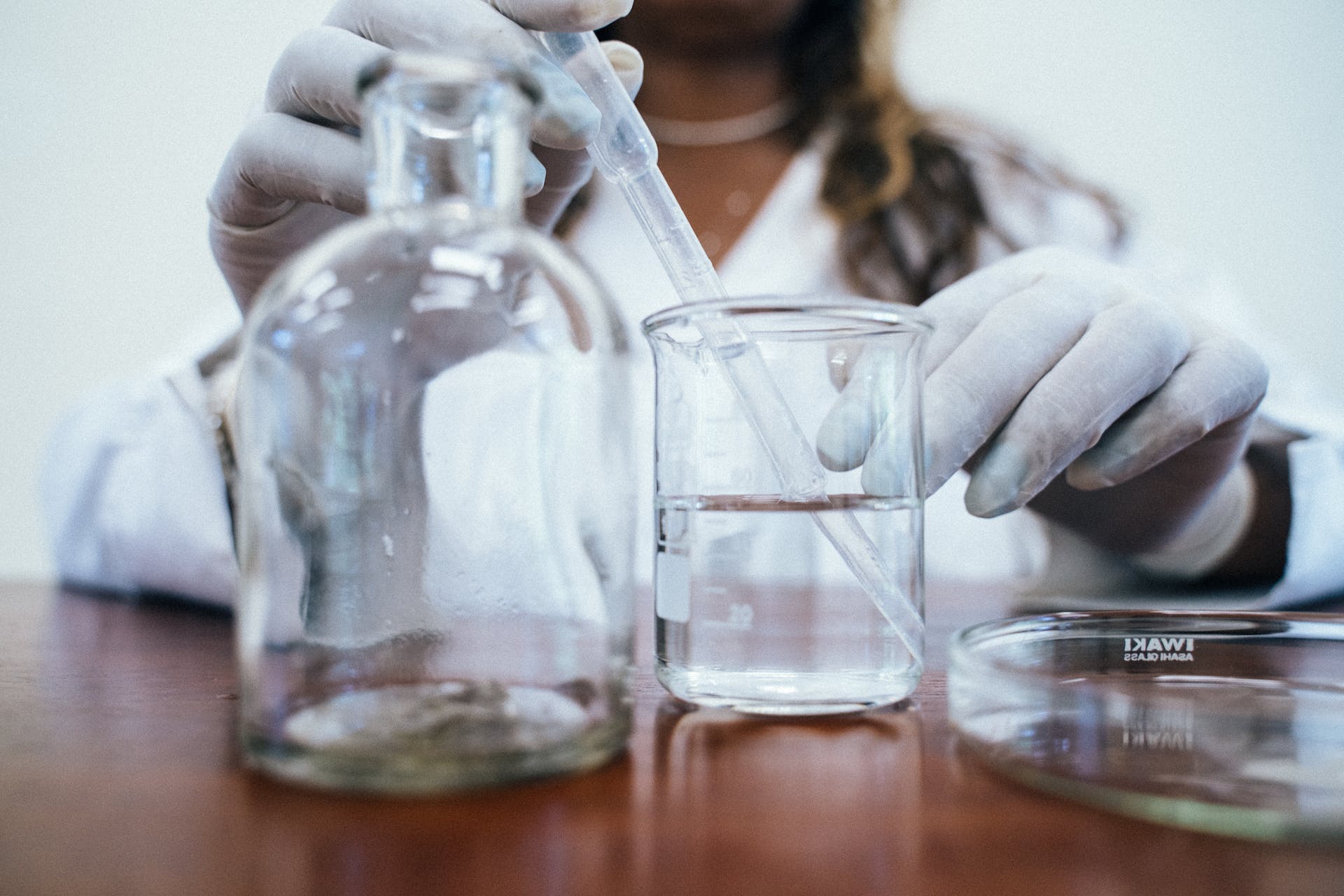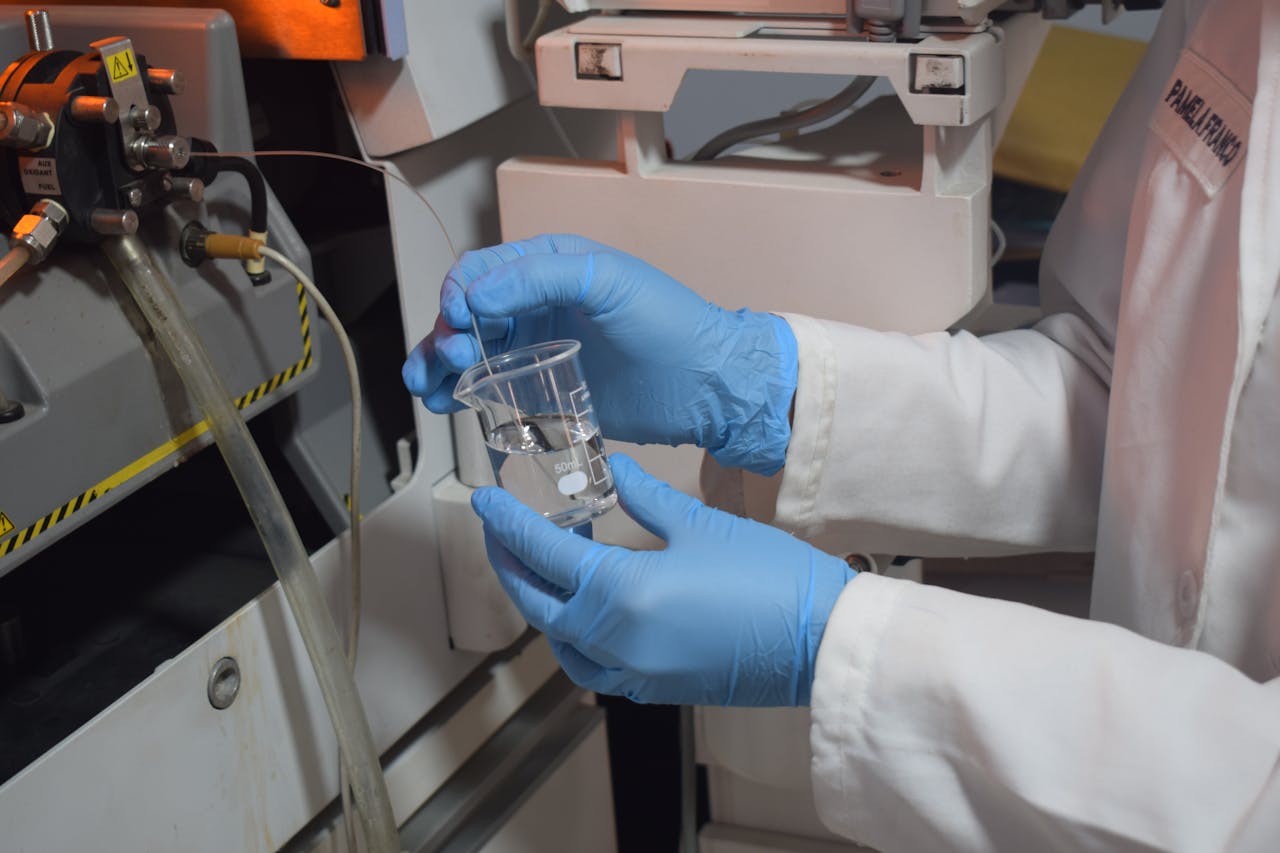-

Quality Parameters of Drinking Water and Wastewater: A Comprehensive Guide
Water is the essence of life, playing a crucial role in human health, industry, and the environment. The quality of water, both drinking and wastewater, is of paramount importance for public health, environmental sustainability, and regulatory compliance. Ensuring that water meets specific quality standards requires rigorous testing and analysis. Darsh Labs and Research is at…
-

The Impact of Temperature on Water Quality: A Comprehensive Exploration
Water is essential for life on Earth, and its quality is critical for the health of ecosystems, human populations, and industries. The quality of water is influenced by a myriad of factors, one of the most significant being temperature. This article delves into the intricate relationship between temperature and water quality, exploring how temperature changes…
-

The Role of Water Testing Laboratories in Environmental Protection
Introduction Water is a vital resource for all forms of life on Earth, playing a critical role in our health, agriculture, industry, and ecosystems. Ensuring the quality of water is essential for maintaining the health of both humans and the environment. This is where water testing laboratories come into play. These specialized labs are instrumental…
-

The Importance of Soil Testing Before Construction
Introduction Before embarking on any construction project, whether it be residential, commercial, or industrial, one of the most crucial steps is soil testing. Soil testing plays a vital role in ensuring the safety, stability, and longevity of any structure. Neglecting this essential step can lead to catastrophic failures, increased costs, and significant delays. In this…
-

Air Monitoring Testing Services: Safeguarding Health and Environment
Air monitoring testing services are essential in evaluating and maintaining the quality of air in various environments. These services are crucial for ensuring compliance with environmental regulations, protecting public health, and preserving ecological balance. Darsh Labs and Research, the best testing lab, provides air monitoring testing services as per your requirements. We provide you the…
-

The Importance of Testing Biochemical Oxygen Demand (BOD) and Chemical Oxygen Demand (COD) in Wastewater
Introduction Wastewater management is crucial for maintaining environmental sustainability and public health. As populations grow and industries expand, the volume of wastewater generated increases, posing significant challenges for treatment and disposal. Two critical parameters used to assess the quality of wastewater are Biochemical Oxygen Demand (BOD) and Chemical Oxygen Demand (COD). These metrics provide vital…
-

Best Water Testing Lab: How to determine best lab near me
Water quality is a critical aspect of public health, environmental sustainability, and industrial processes. Ensuring that water is free from harmful contaminants and safe for consumption and use requires accurate and reliable testing. Choosing the best water testing lab is essential to obtain trustworthy results. This comprehensive guide will explore the factors to consider, the…
-

Why is it Important to Measure the Temperature of Water?
Introduction Water is a fundamental resource that is indispensable to life and various human activities. Its temperature, although often overlooked, plays a critical role in multiple spheres including environmental science, agriculture, industrial processes, and everyday domestic use. Water temperature is a crucial parameter in water testing as it influences the solubility of gases and chemicals,…
-

The Importance of pH Value in Drinking Water and the Necessity of Water Testing
Introduction The pH value of drinking water is a critical parameter that signifies its acidity or alkalinity. It is measured on a scale ranging from 0 to 14, with 7 being neutral, values below 7 indicating acidity, and values above 7 indicating alkalinity. Maintaining an appropriate pH level in drinking water is essential for ensuring…
-

Effect of Hardness of Water
Introduction Water is an essential resource for life, but not all water is the same. The term “hard water” refers to water that contains high levels of minerals, particularly calcium and magnesium. The hardness in water varies depending on geographic location and the source of the water. While hard water is not harmful to human…
